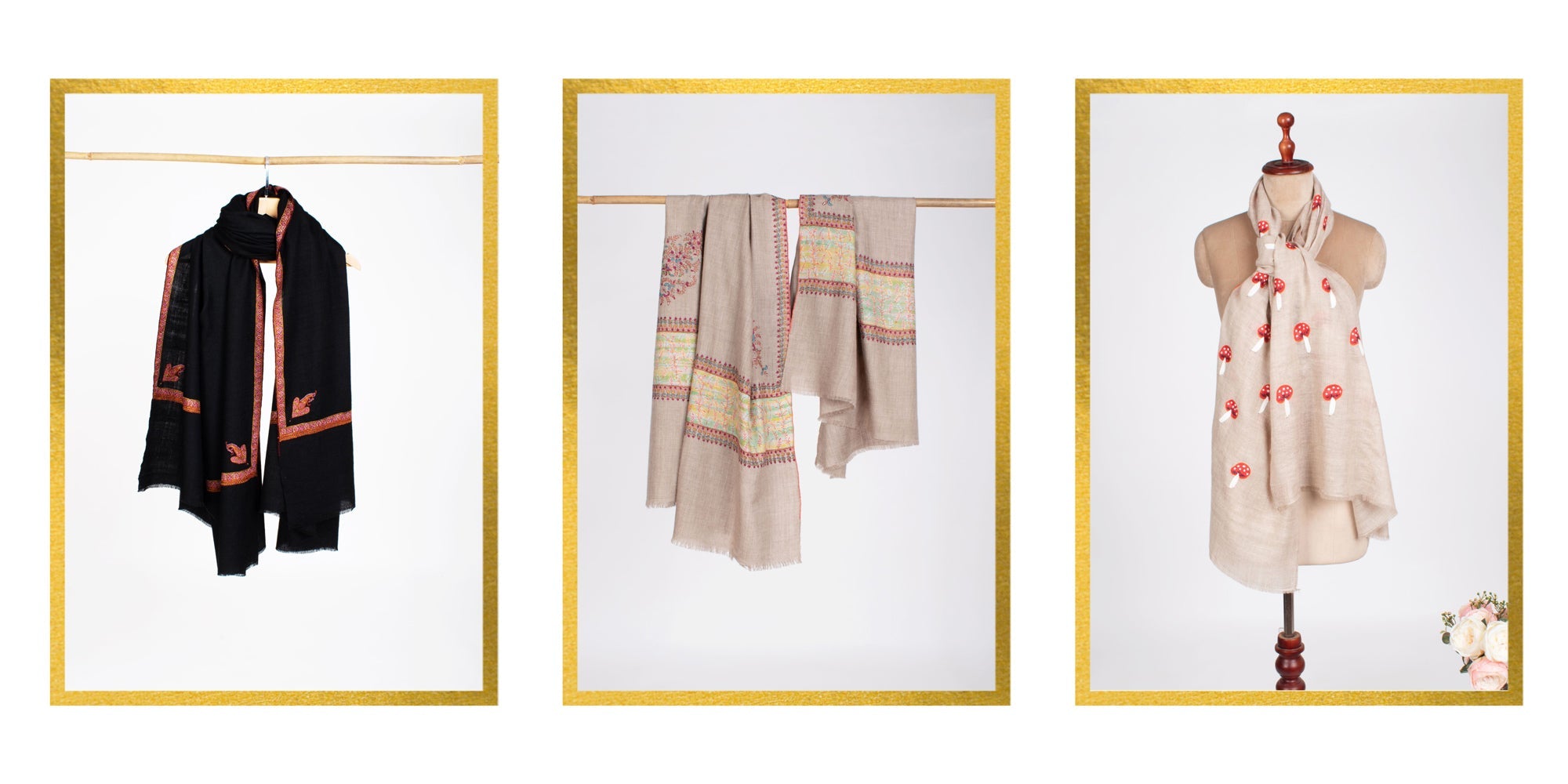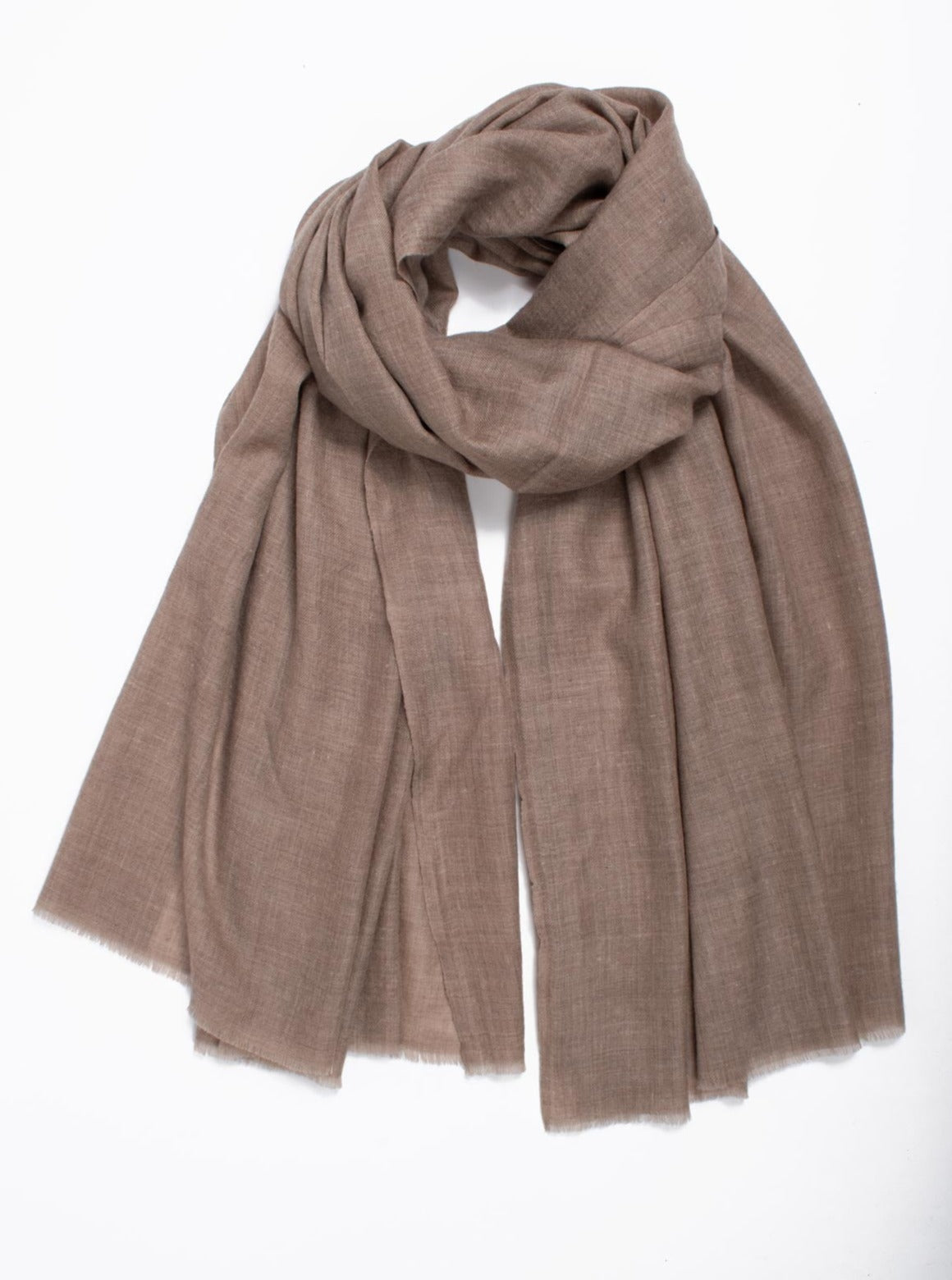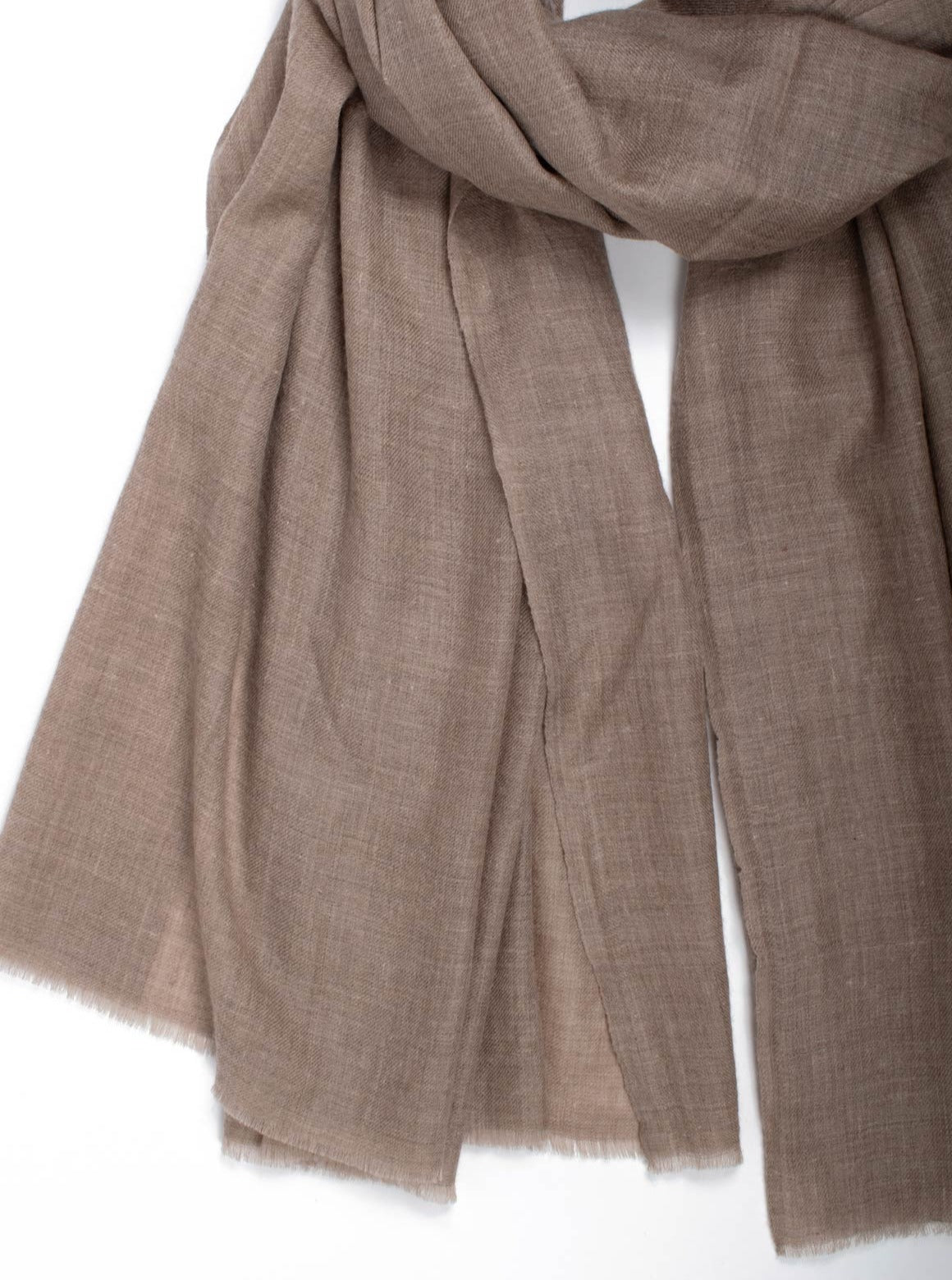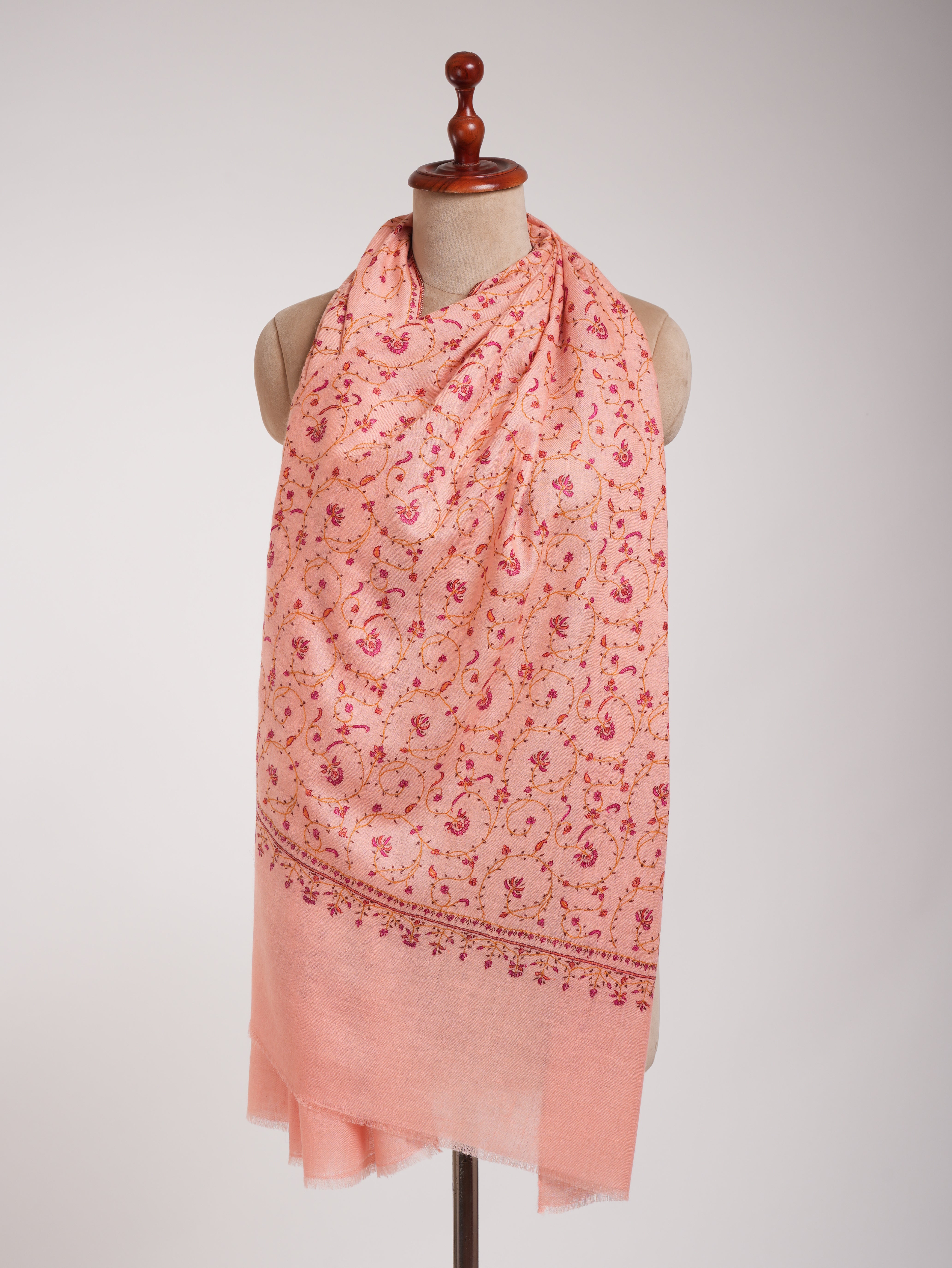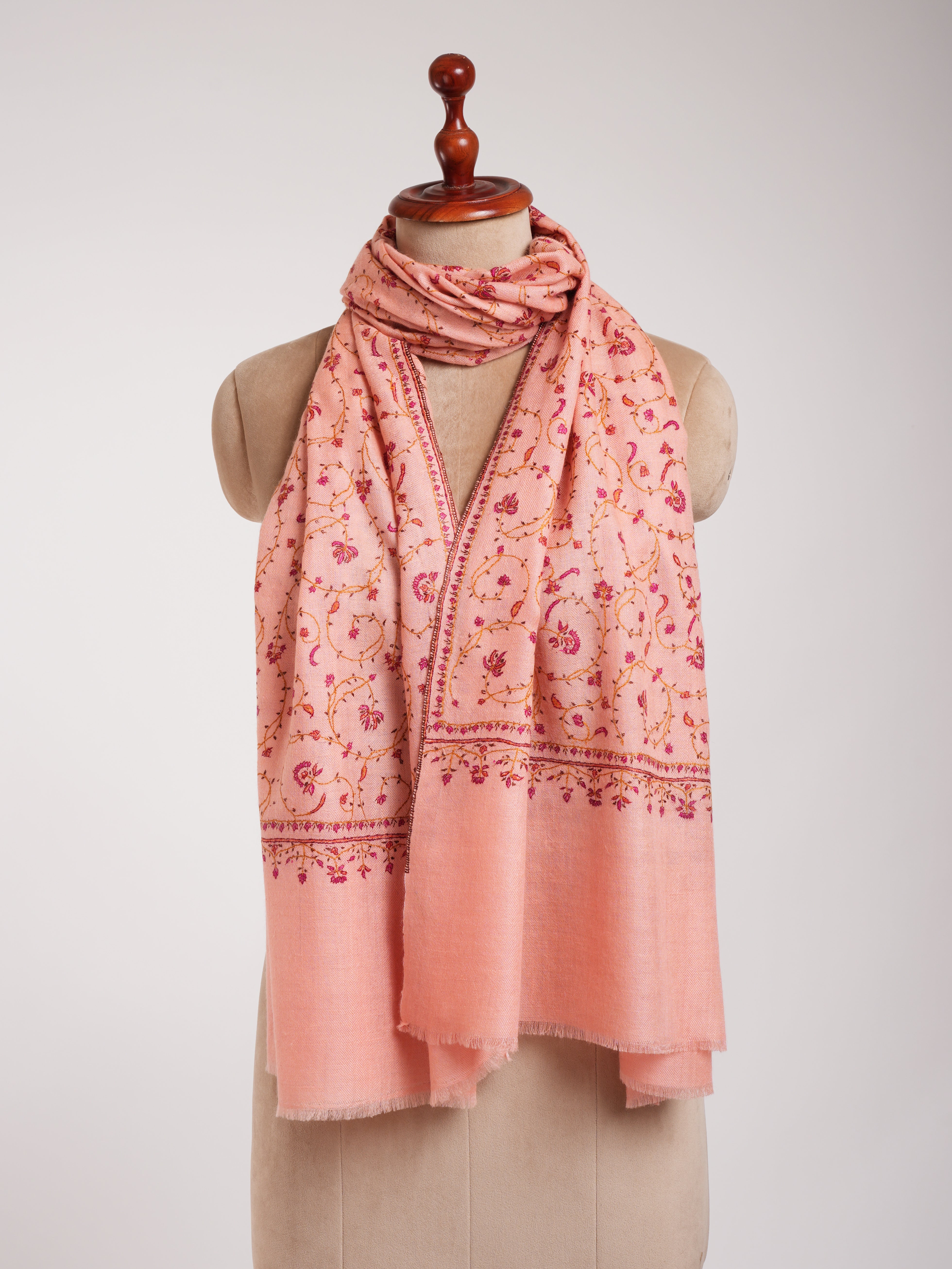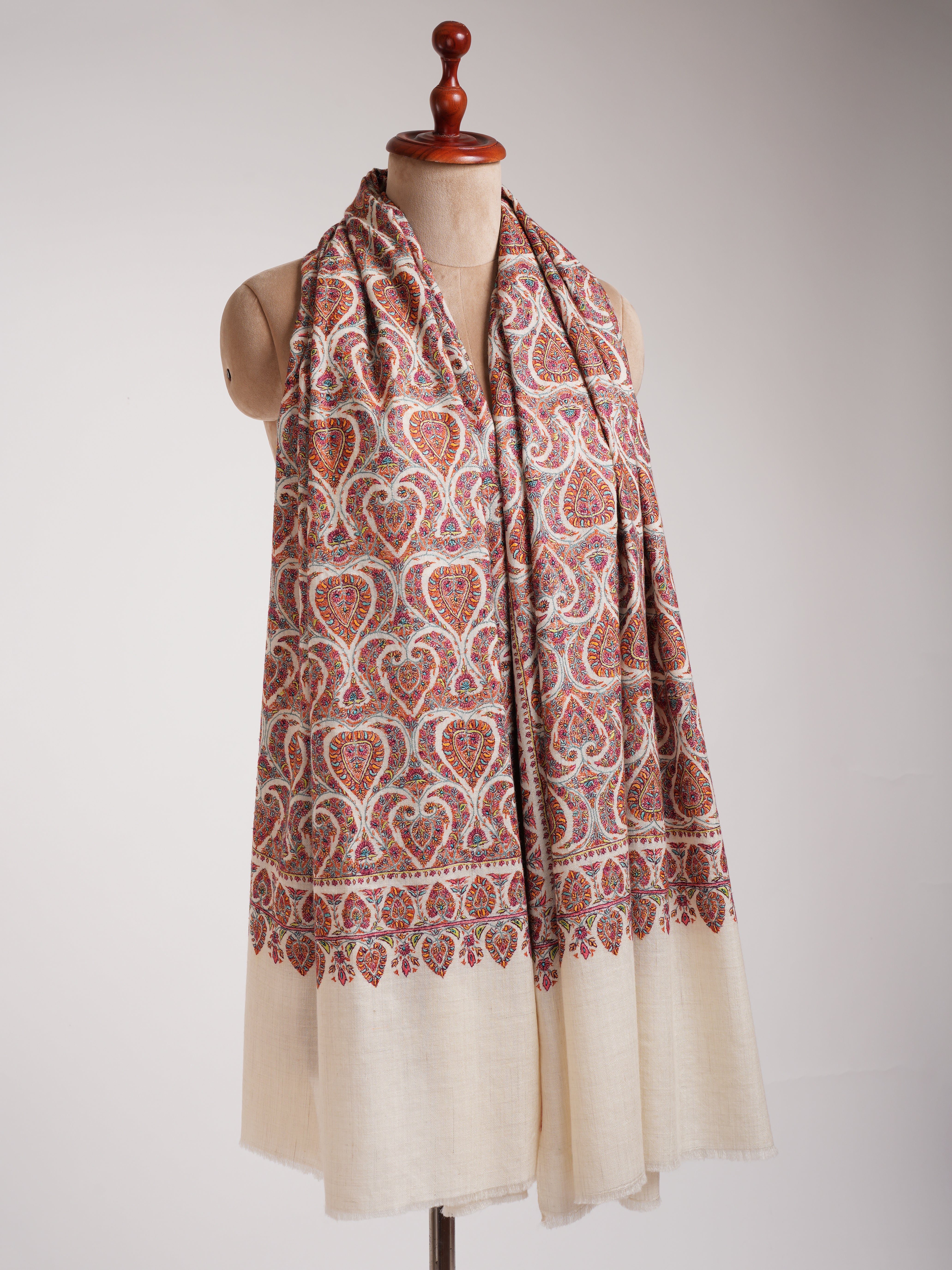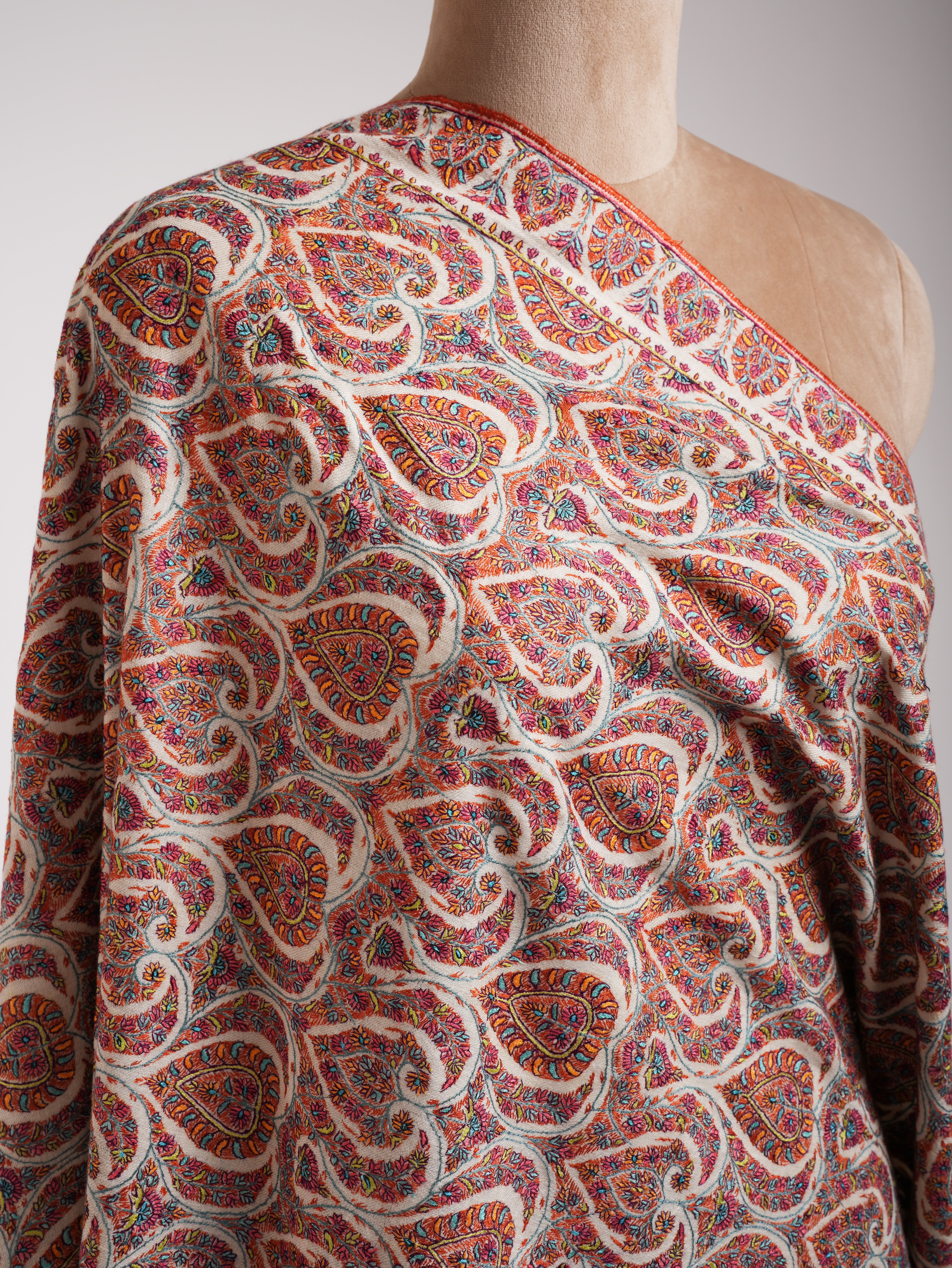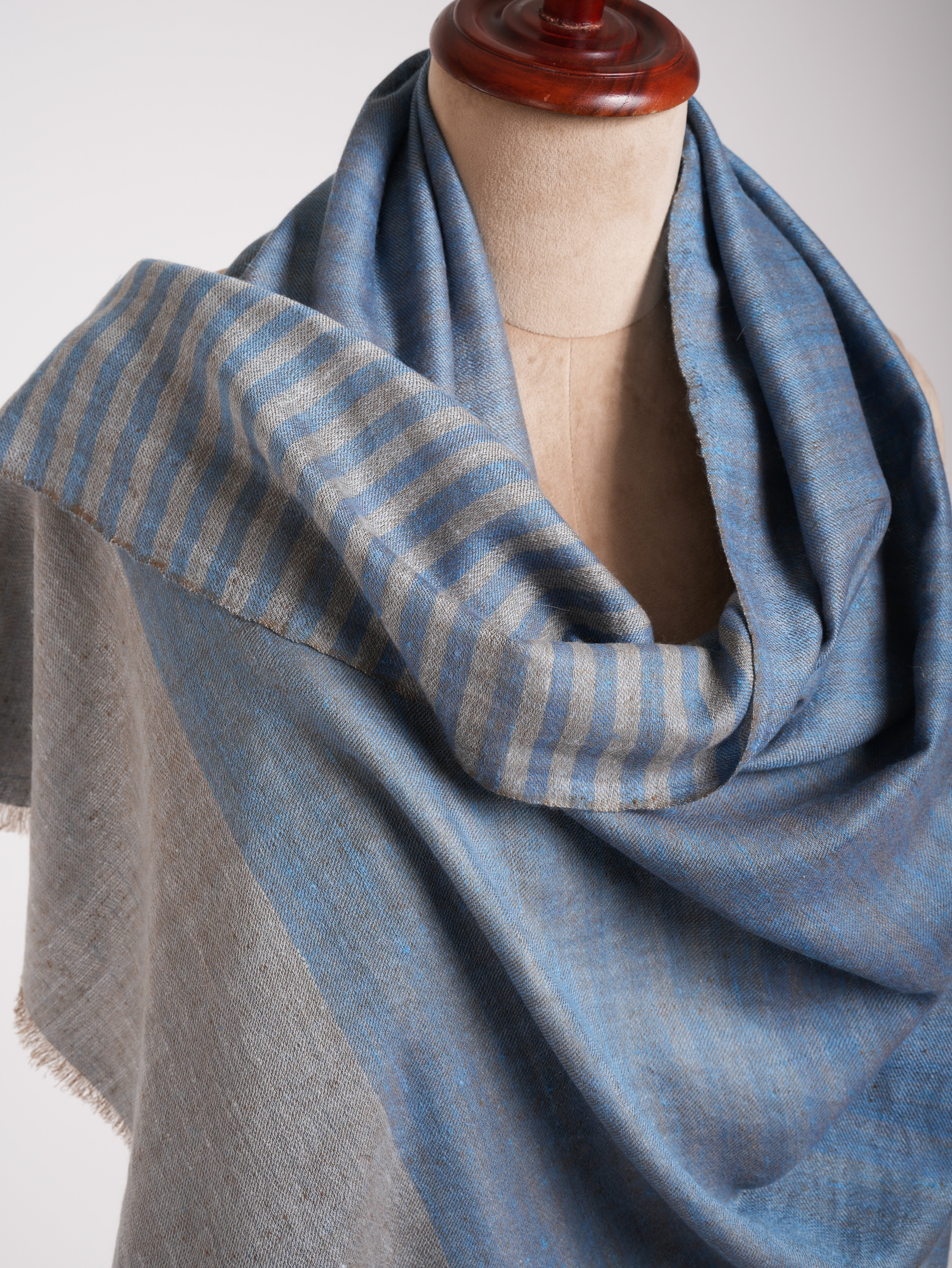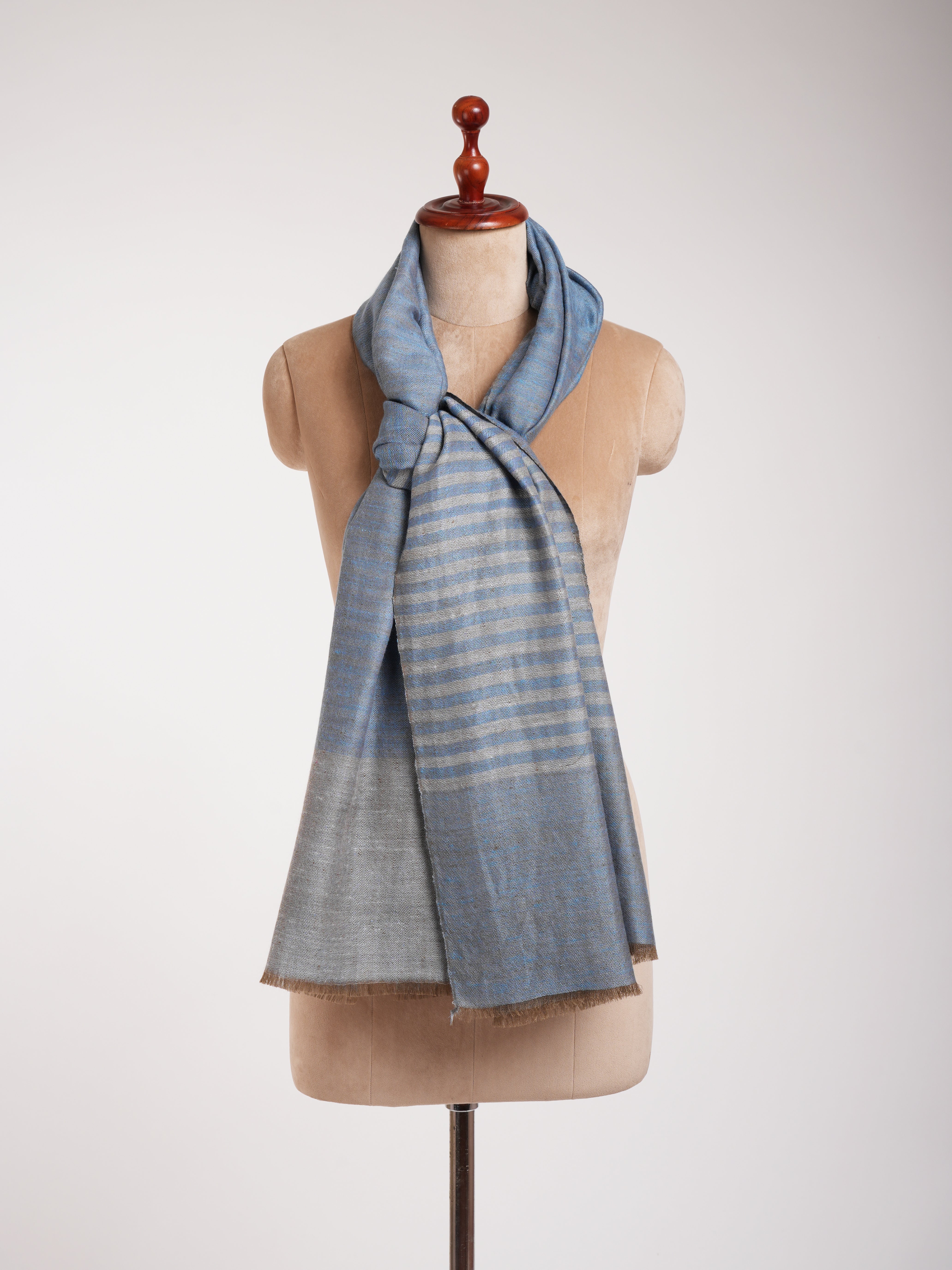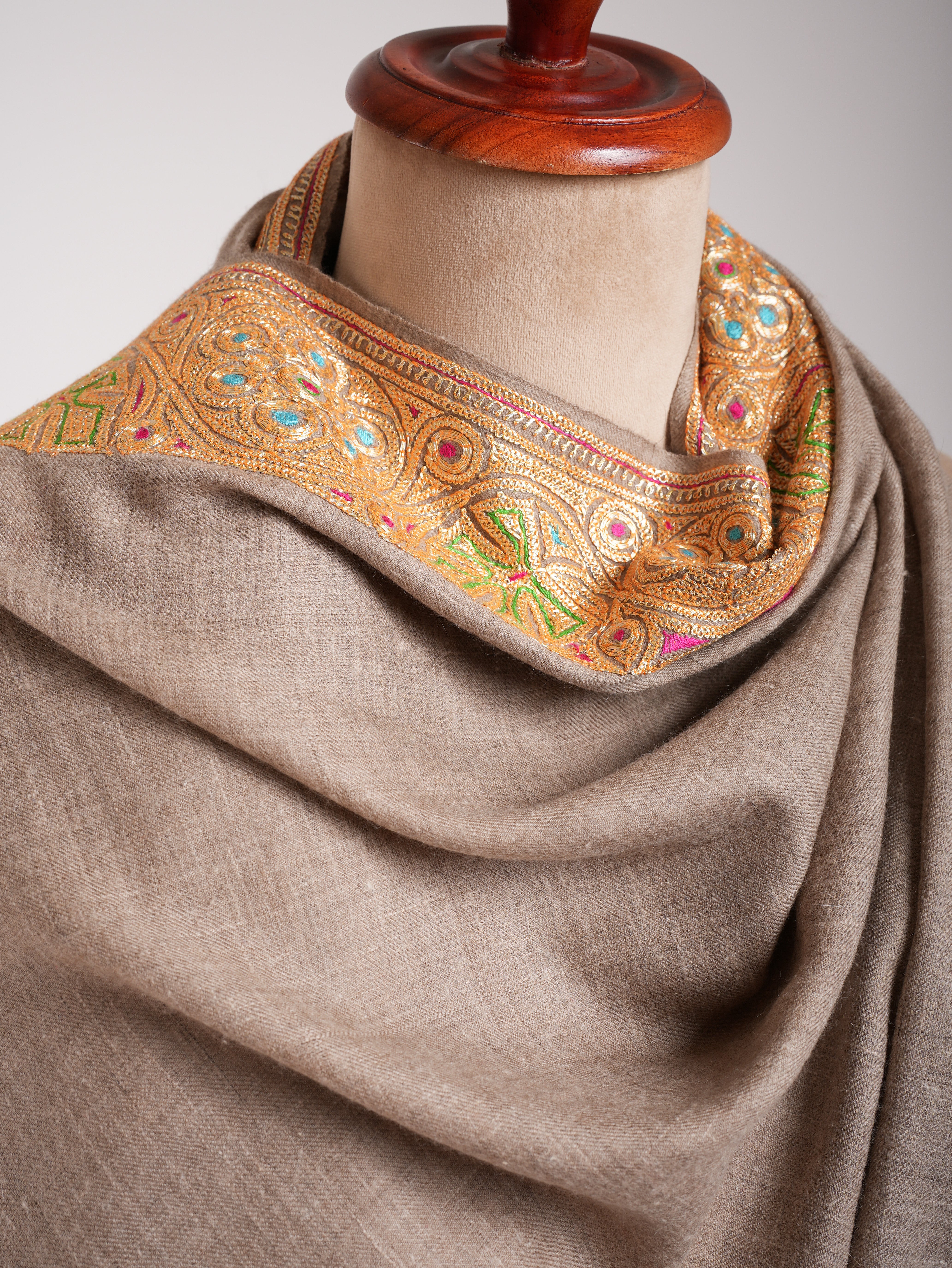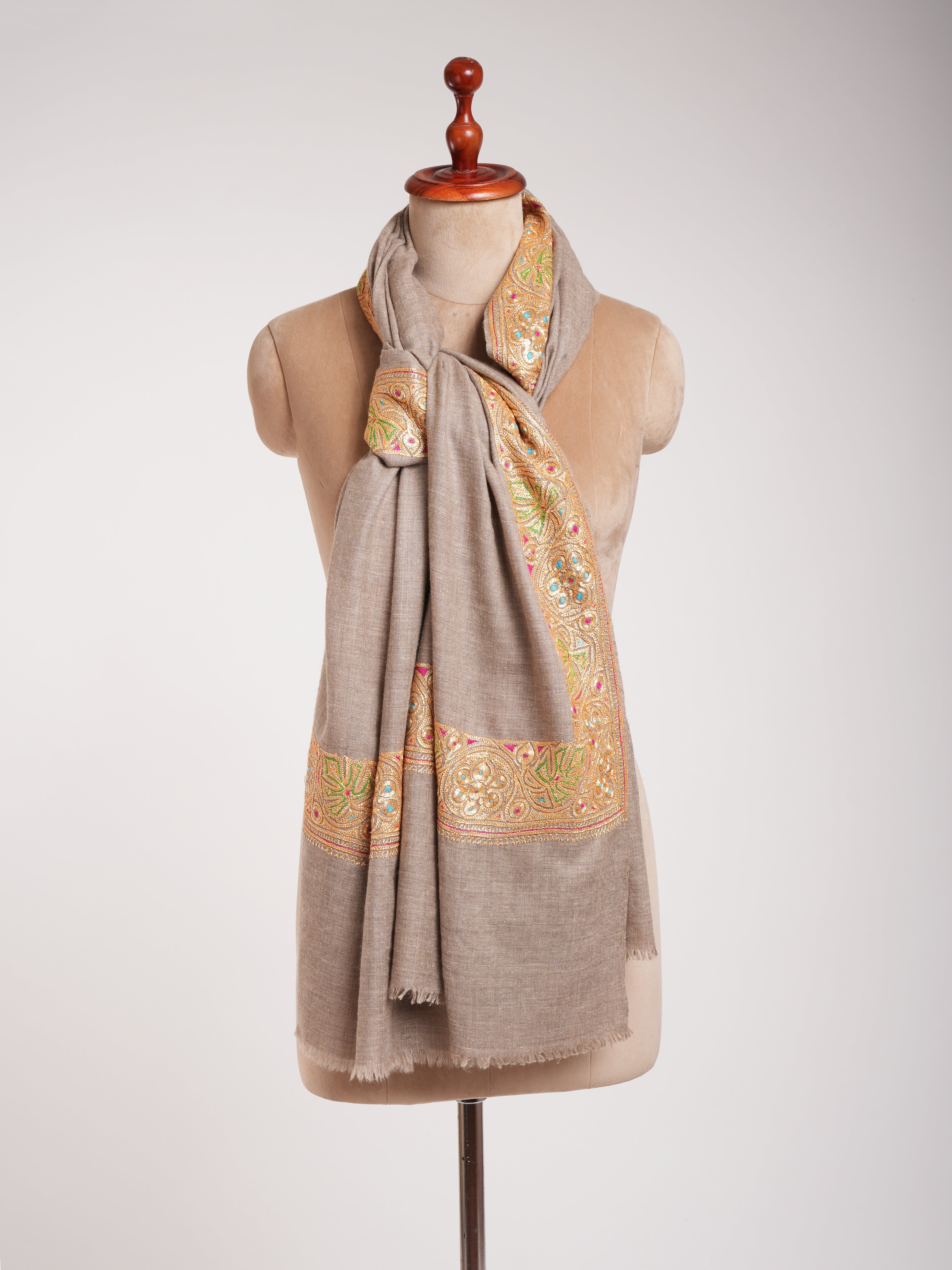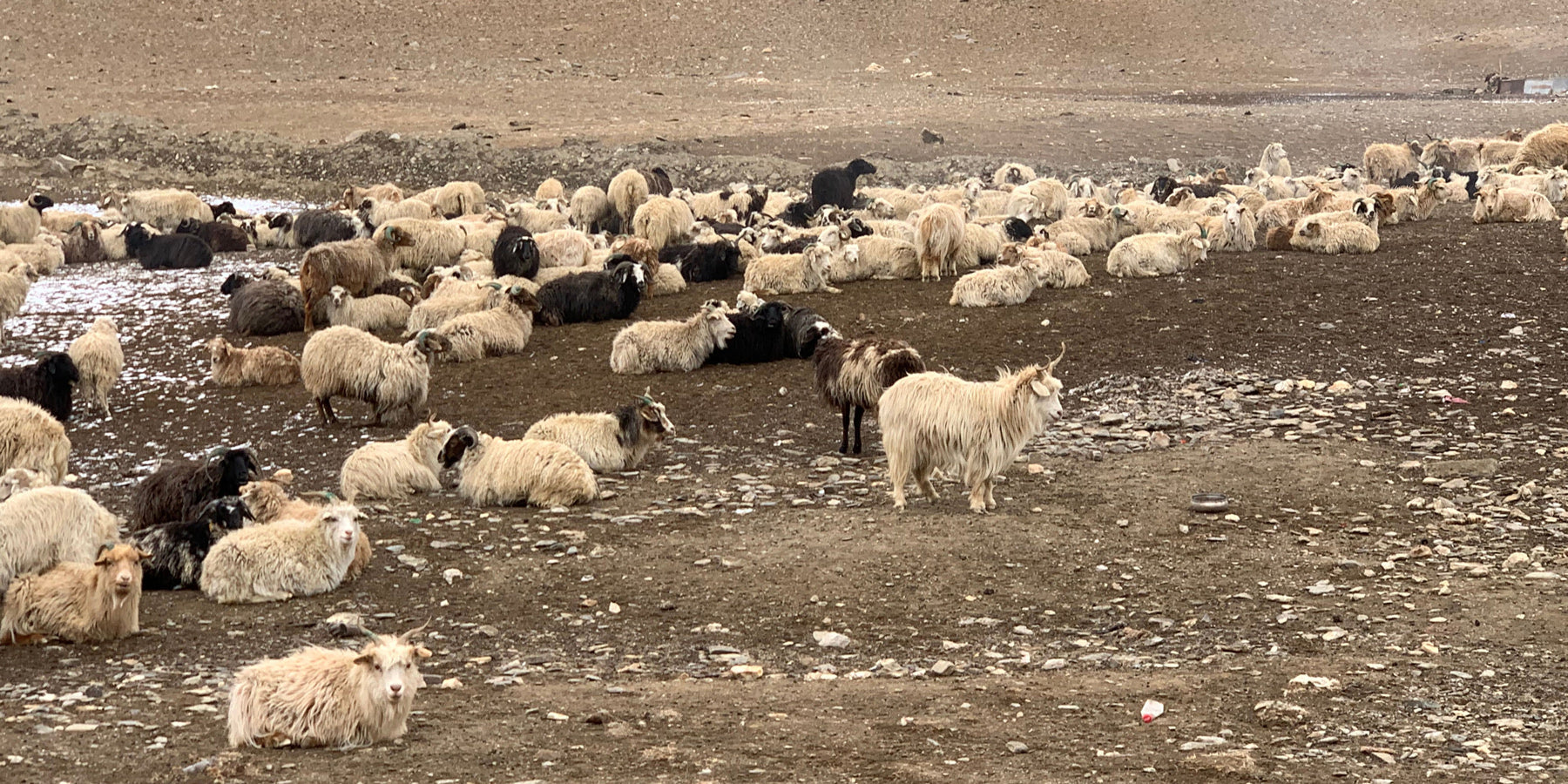
Sono animali uccisi per scialli Pashmina ?
Scialli di pashmina sono stati a lungo celebrati per la loro lussuosa morbidezza, calore ed eleganza. Originari delle regioni ad alta quota dell'Himalaya, questi scialli sono molto ambiti e spesso associati all'opulenza. Tuttavia, sorge una preoccupazione comune: gli animali vengono danneggiati nella produzione di questi tessuti squisiti?
Capire la Pashmina
Per affrontare questa preoccupazione, è importante capire cos'è la pashmina e come viene reperita. La lana di pashmina deriva dal sottopelo della capra Changthangi, nota anche come capra Pashmina, originaria della regione del Ladakh in India. Queste capre si sono adattate alle dure condizioni del terreno himalayano, sviluppando un sottopelo fine e morbido che fornisce la materia prima per gli scialli di pashmina.
Il processo di approvvigionamento della pashmina
Il processo di ottenimento della lana di pashmina è piuttosto umano. In primavera, quando le capre perdono naturalmente il loro mantello invernale, la lana viene raccolta. Ciò avviene solitamente tramite un delicato processo di pettinatura, che non danneggia le capre. La lana raccolta viene poi filata e tessuta nei lussuosi scialli di pashmina che amiamo.

Fonte immagine: La CNN
A differenza della produzione industriale di lana, in cui gli animali potrebbero essere soggetti a metodi di tosatura più aggressivi, il tradizionale processo di raccolta della pashmina è significativamente meno invasivo. Il benessere delle capre è una priorità per i pastori, poiché capre sane e ben trattate producono lana della migliore qualità.
Considerazioni etiche
L'idea che gli animali vengano uccisi per la pashmina è un equivoco. L'industria tradizionale della pashmina, in particolare in regioni come il Ladakh, è profondamente radicata nel rispetto per la natura e gli animali. I mezzi di sostentamento dei pastori e delle loro comunità dipendono dal trattamento sostenibile ed etico del loro bestiame. Garantire che le capre siano sane e senza stress ha un impatto diretto sulla qualità della lana prodotta, incentivando così pratiche etiche.
Sciarpa in cashmere tessuta a mano a righe multicolore (KENT)
Sostenere la pashmina etica
Quando si acquistano scialli di pashmina, è fondamentale supportare fonti autentiche ed etiche. Ecco alcuni suggerimenti per garantire che la tua pashmina provenga da fonti etiche:
Ricerca il marchio: Cercate marchi e venditori che forniscano informazioni sulle loro pratiche di approvvigionamento. I marchi etici sono spesso trasparenti su dove e come ottengono la loro lana.
Certificazioni del Commercio Equo e Solidale: Alcuni prodotti in pashmina potrebbero essere dotati di certificazioni del commercio equo e solidale, che indicano che i produttori aderiscono a determinati standard etici.
Fai domande: Non esitate a chiedere ai venditori informazioni sulle loro pratiche di approvvigionamento. I venditori affidabili saranno più che disposti a fornire dettagli sulla loro catena di fornitura e sulle politiche di benessere degli animali.
Conclusione
Gli scialli di pashmina non sono solo un simbolo di lusso, ma anche una testimonianza dell'abilità e delle tradizioni del popolo himalayano. Il processo di raccolta della lana di pashmina, se eseguito eticamente, garantisce che non venga arrecato alcun danno agli animali coinvolti. Supportando pratiche etiche e scegliendo attentamente le tue fonti, puoi goderti la bellezza e il comfort senza pari degli scialli di pashmina con la coscienza pulita, sapendo che non stai contribuendo alla crudeltà sugli animali.
Per maggiori informazioni sulla pashmina di provenienza etica e sulla nostra collezione, visita SciabolaQui, ci impegniamo a fornirti i migliori scialli di pashmina che rispettano i valori di sostenibilità, tradizione e benessere degli animali.




